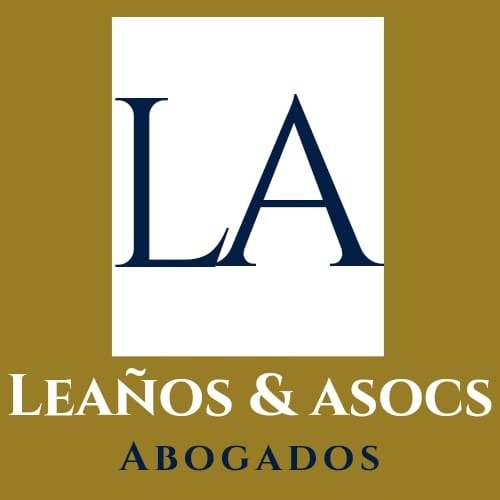Best Creditor Lawyers in Santa Cruz
Share your needs with us, get contacted by law firms.
Free. Takes 2 min.
List of the best lawyers in Santa Cruz, Bolivia
About Creditor Law in Santa Cruz, Bolivia
Bolivia, including its prosperous city of Santa Cruz, operates under a civil law system which entails different regulations and procedures in the field of creditor law compared to common law jurisdictions. While it shares similar characteristics with other Latin American countries, creditor rights and remedies can vary and may depend on the type of obligation or contract breach. In Bolivia, creditors usually have the right to ask for the enforcement of payment, guarantees and secure legal representation to safeguard their claims, without infringing debtors' rights.
Why You May Need a Lawyer
Understanding and navigating the intricacies of Bolivian creditor law can be challenging, especially in situations involving international or cross-border transactions. You may require a lawyer for advice on loan agreements, contract enforcement, collections or bankruptcy procedures. Also, if you are considering making a business investment in Santa Cruz but the debtor defaults or falls behind on their commitments, a lawyer can guide you in exploring your rights and possible options.
Local Laws Overview
Local laws in Santa Cruz regarding creditor services primarily revolve around contract law, civil codes and commercial codes. There are specific laws around debt collection practices, and protections for debtors against harassment or unfair business practices. Creditors are also obligated to work within the Bolivian insolvency law framework for recovering debts from insolvent companies.
Frequently Asked Questions
What rights do creditors have in Bolivia?
Creditors generally have the right to ask for enforcement of payment or enforcement of guarantees. They also have the right to secure legal representation to ensure their claims are adequately protected.
Can a creditor seize my property without court order in Bolivia?
No, before a creditor can seize a debtor's property, they are generally required to obtain a court order. This ensures the debtor's rights are also protected.
What happens if a debtor files for bankruptcy?
If a debtor files for bankruptcy, their assets will be liquidated to pay off their debts in a manner that is fair to all creditors involved, taking into account priority of the debts.
Is there a statute of limitations on debts in Bolivia?
Yes, the statute of limitations on debts in Bolivia varies depending on the nature of the debt, but it typically ranges between two to ten years.
Can I recover debts from a foreign debtor?
Yes, however, the rules and procedure can be complex in international contexts. Legal counsel is highly recommended to effectively navigate these situations.
Additional Resources
You can consult the Bolivia Ministry of Justice for detailed legislative documents related to creditor laws. In addition, the Santa Cruz Chamber of Commerce may provide useful insights about local business climate and investment-related legal environments. Also consider visiting Legal Aid Centre in Santa Cruz for legal advice or getting in touch with the Bolivian Bar Association to find experienced creditor lawyers.
Next Steps
If you need legal assistance with creditor issues in Santa Cruz, Bolivia, consider finding a law firm or an attorney specialized in creditor laws with a deep understanding of the local context. It's recommended to schedule a legal consultation to share details about your case, valuable for ensuring your rights and interests are adequately protected.
Lawzana helps you find the best lawyers and law firms in Santa Cruz through a curated and pre-screened list of qualified legal professionals. Our platform offers rankings and detailed profiles of attorneys and law firms, allowing you to compare based on practice areas, including Creditor, experience, and client feedback.
Each profile includes a description of the firm's areas of practice, client reviews, team members and partners, year of establishment, spoken languages, office locations, contact information, social media presence, and any published articles or resources. Most firms on our platform speak English and are experienced in both local and international legal matters.
Get a quote from top-rated law firms in Santa Cruz, Bolivia — quickly, securely, and without unnecessary hassle.
Disclaimer:
The information provided on this page is for general informational purposes only and does not constitute legal advice. While we strive to ensure the accuracy and relevance of the content, legal information may change over time, and interpretations of the law can vary. You should always consult with a qualified legal professional for advice specific to your situation.
We disclaim all liability for actions taken or not taken based on the content of this page. If you believe any information is incorrect or outdated, please contact us, and we will review and update it where appropriate.








